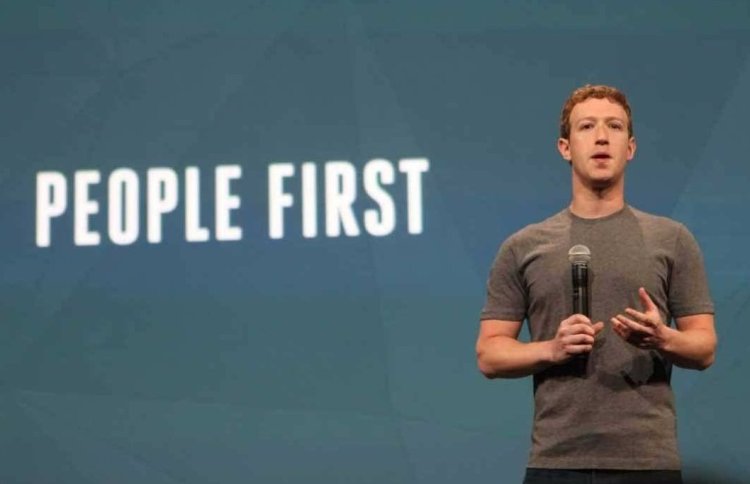Facebook CEO Mark Zuckerberg has gone on the attack against Apple, calling its products overpriced, and its views on Internet privacy “ridiculous.”
Back in September as the furor over the leaked celebrity photographs raged, Tim Cook took a little shot at the Internet advertising business when he said: “A few years ago, users of Internet services began to realize that when an online service is free, you’re not the customer. You’re the product.”
It’s a phrase that’s been repeated in privacy circles for a number of years, and it’s often been used in reference to Facebook. Mark Zuckerberg apparently noticed. He called Cook’s comments “ridiculous” in a recent interview with TIME. He added that Apple products are exclusionary because they’re overpriced.
Is this just two CEOs taking shots at each other’s business model? One man makes products. One man advertises products.
Zuck should check himself. For the majority of Facebook’s history, the company kept its source of revenue behind a curtain as much as possible. It kept the real cost of using Facebook — your identity — hidden from view. Facebook gradually made more data points from people’s profiles (and comments and likes) “public” and available to advertisers.
When consumers complained, Facebook asked forgiveness but never really gave up anything.
Facebook’s representatives have consistently answered questions about its dealings with advertisers with statements about how all of its movements made life better for users.
As Facebook’s on-site advertising business began raking in hundreds of millions in profits, the company and its advertiser partners crowed about how Facebook was doing consumers a favor by delivering more “relevant” ads.
Meanwhile, over in Cupertino, Apple created products that are planned, designed, and updated relatively slowly, and charged a relatively high price for them.
Many people like Apple products, so they buy them. Some people think the price is too high, so they don’t buy.
But Apple’s products are out in the light of day — if wrapped in a good bit of show business.
Facebook’s business is far better understood by consumers than it was five years ago, but it’s not because of Facebook’s efforts to make it so. Since Facebook went public in 2012, it has been required to disclose far more information about its business than before.
While Apple sells web services, Facebook’s entire business is on the Internet.
The back-and-forth between the two CEOs is part of a bigger debate around how the web should be paid for.
For the moment, web consumers are hooked on services like Facebook, and we’re willing to give away some privacy rather than give up many of the free services we’ve become used to.
Did it have to turn out like this? Is advertising really the only way to pay for the Internet experience we’ve become used to? Wired’s Marcus Wohlsen did a nice piece on the subject: “The future of the Internet is still ads — and you’re the inventory.”
(Yes, the website you’re reading now uses the same model. You pay nothing to read this, and we show you ads. But we also sell custom research and put on conferences. Our business is not based solely on collecting demographic and preference data for targeting.)
How far is it going to go? As Internet companies get better and better at targeting ads at us, will their brand name clients continue to spend more and more money on ads? Facebook’s investors expect this. And it might create an Internet that’s so “personalized” that it feels creepy, and so filled with ads that it’s difficult to find the content you’re looking for.
Zuck tells TIME that Apple’s high prices exclude people who can’t afford them, while Facebook’s mission is to “connect every person in the world.”
To my ear, his statements ring a little hollow.
VentureBeat's mission is to be a digital town square for technical decision-makers to gain knowledge about transformative enterprise technology and transact. Learn More

